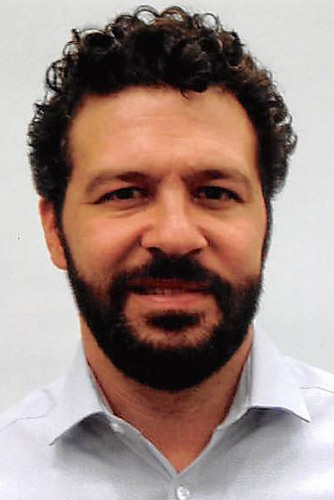
Aris Garro, MD, MPH
Awards
Advance-CTR Grant Resubmission Awards (2017)
"Pediatric Lyme Meningitis Treatment Trial: Outcomes Assessment and CSF Biobank"
There are up to 300,000 cases of Lyme disease each year in the U.S., often affecting children. Between 10-15% of children with Lyme disease develop meningitis. Current guidelines recommend treatment of Lyme meningitis with two weeks of intravenous antibiotics, requiring a catheter to be inserted in the child's arm for a prolonged period of time. This can cause anxiety and discomfort for the child and is costly. One out of six children also develop complications from the catheter such as blockage, blood clots, or infection. An oral alternative, doxycycline is available in children 8-17 years old. The objective of our NIH R34 Trial Planning Grant proposal was to compare use of oral doxycycline to intravenous ceftriaxone using the first comparative effectiveness trial of oral doxycycline versus intravenous ceftriaxone in children in the U.S. with Lyme meningitis. NIH reviewers identified two major limitations that need to be addressed to improve the quality of the proposal. The first limitation was that " ... better plans are needed for standardizing quality of life assessments and other subjective outcomes, including clear instructions that parents can use to assess improvements". To address this limitation, we will prospectively collect outcomes using the PedsQL quality of life instrument in a cohort of children with Lyme disease and Lyme disease mimics as a measure of recovery at 6 and 12 months. We hypothesize that the instrument will be acceptable to study participants, and will produce a frequency distribution of responses that reflects the known distribution of long term symptoms in children with Lyme disease and Lyme disease mimics. The data will allow us to assess important PedsQL parameters when used to assess children with Lyme meningitis, including mean scores, amount of variability, and correlations with demographic and clinical variables. We will also use staff feedback during this data collection process to create instructions for parents to be able to assess improvements. The second limitation identified by NIH reviewers was that" ... the focus of the proposed trial could be expanded to include translational science questions, including the creation of a biorepository of CSF samples that could be used by other investigators." We will partner with the Pedi Lyme Net to develop the infrastructure and systematic approach to create a biorepository of CSF samples. At the completion of this project period, we will 1) produce a manual of operations for biosample collection, 2) create a budget for creation of the biorepository and 3) identify laboratory-based collaborators with a focus on central nervous system Lyme disease.
*We regret to share that Dr. Garros passed away on November 17, 2021 after a battle with cancer.